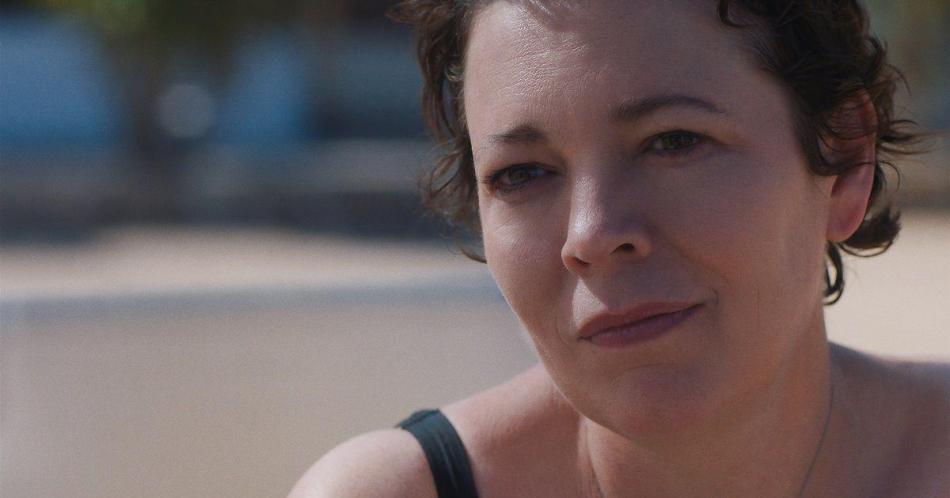For a film that focuses on the responsibilities of motherhood and the relationships between mothers and daughters, it only seems right that a woman is in the director’s chair. That is what Elena Ferrante requested for the adaptation of her novel, The Lost Daughter, which focuses on these themes. When Maggie Gyllenhaal purchased the rights to the book in late 2018, it may have always been her intention to write and direct the film. Gyllenhaal, a mother herself, more than likely identified with its themes.
 The Lost Daughter is a film that displays the unique benefits of women’s insights for such a film. Had the film been directed by a man, it would be from a completely different perspective because fatherhood is a different experience from motherhood. Gyllenhaal, who has been working in the film industry for thirty years, likely has a strong understanding of the demands and pressures that are part of it and the difficulty of managing a career and motherhood, which The Lost Daughter depicts. The audience sees the young protagonist Leda Caruso, played by Jessie Buckley, and how she struggles to simultaneously manage a respectable career and parenthood. It shapes her outlook on child-rearing in later life when the older Leda, played by Olivia Colman, remarks at one point: “Children are a crushing responsibility.”
The Lost Daughter is a film that displays the unique benefits of women’s insights for such a film. Had the film been directed by a man, it would be from a completely different perspective because fatherhood is a different experience from motherhood. Gyllenhaal, who has been working in the film industry for thirty years, likely has a strong understanding of the demands and pressures that are part of it and the difficulty of managing a career and motherhood, which The Lost Daughter depicts. The audience sees the young protagonist Leda Caruso, played by Jessie Buckley, and how she struggles to simultaneously manage a respectable career and parenthood. It shapes her outlook on child-rearing in later life when the older Leda, played by Olivia Colman, remarks at one point: “Children are a crushing responsibility.”
Colman’s performance is another reason the film excels. While the industry has been fully aware of her talent even before her Oscar triumph in 2019 for her performance in The Favourite, Colman’s portrayal as Leda in The Lost Daughter focuses on a woman character rarely seen on screen. It is easy to dislike Leda, but I’m sure many women and parents empathise with her because the audience identifies with her notions, even if they do not relate to her actions.
The Lost Daughter shows that some stories and films are better off being told and made by women, particularly those about women. In the last decade, the film industry has seen an increase in woman directors, so with more women becoming directors and many of their films being critically and financially successful, this is a trend that hopefully won’t reverse.


0 comments on “The Importance of a Woman-led Story in The Lost Daughter”